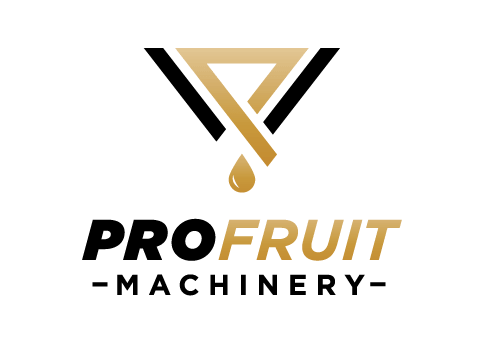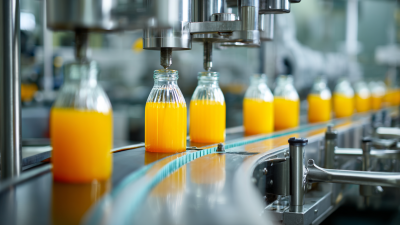Revolutionizing the Way We Think About Fruit Processing Machinery for Sustainable Agriculture
In recent years, the agricultural sector has witnessed a significant shift towards sustainable practices, prompting a re-evaluation of traditional methods, including the role of fruit processing machinery. As the industry faces challenges such as climate change and resource scarcity, experts like Dr. Evelyn Hartman, a leading authority in agricultural innovation, assert that “the future of farming lies in harnessing technology to not only enhance productivity but also ensure environmental stewardship.”
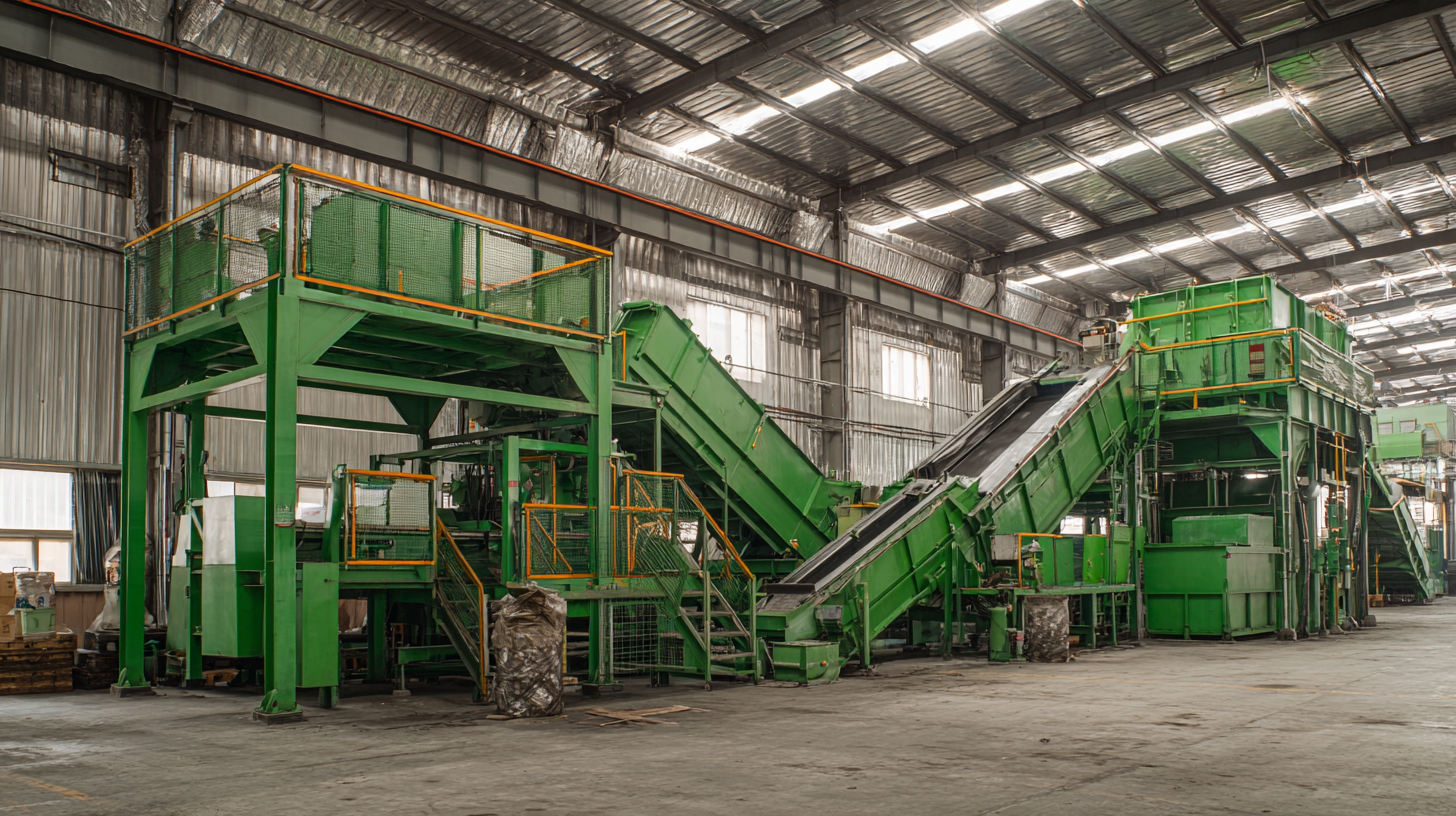 This perspective emphasizes the importance of integrating sustainable solutions within fruit processing machinery to optimize resource use and minimize waste.
This perspective emphasizes the importance of integrating sustainable solutions within fruit processing machinery to optimize resource use and minimize waste.
The increasing demand for eco-friendly practices has led to a surge in research and development aimed at revolutionizing fruit processing machinery. By utilizing cutting-edge technologies such as automation, energy-efficient systems, and renewable materials, manufacturers can create equipment that not only meets current market demands but also supports the long-term health of our ecosystems. As Dr. Hartman points out, the evolution of fruit processing machinery is pivotal to achieving a sustainable agricultural framework that benefits both farmers and consumers.
Ultimately, redefining our approach to fruit processing machinery is essential for fostering a resilient agricultural landscape. By embracing innovation and prioritizing sustainability, the industry can play a crucial role in addressing the global challenges we face today, ensuring that our fruit production systems are not only efficient but also environmentally responsible for future generations.
Innovative Technologies Driving Efficiency in Fruit Processing Machinery
In recent years, the fruit processing machinery industry has witnessed a significant transformation, driven by innovative technologies that aim to enhance efficiency and sustainability. According to a report by MarketsandMarkets, the global fruit processing market is expected to reach $167.4 billion by 2025, growing at a CAGR of 5.2%. This growth is largely attributed to advancements in automation and smart technologies that streamline production processes, reduce waste, and improve overall product quality.
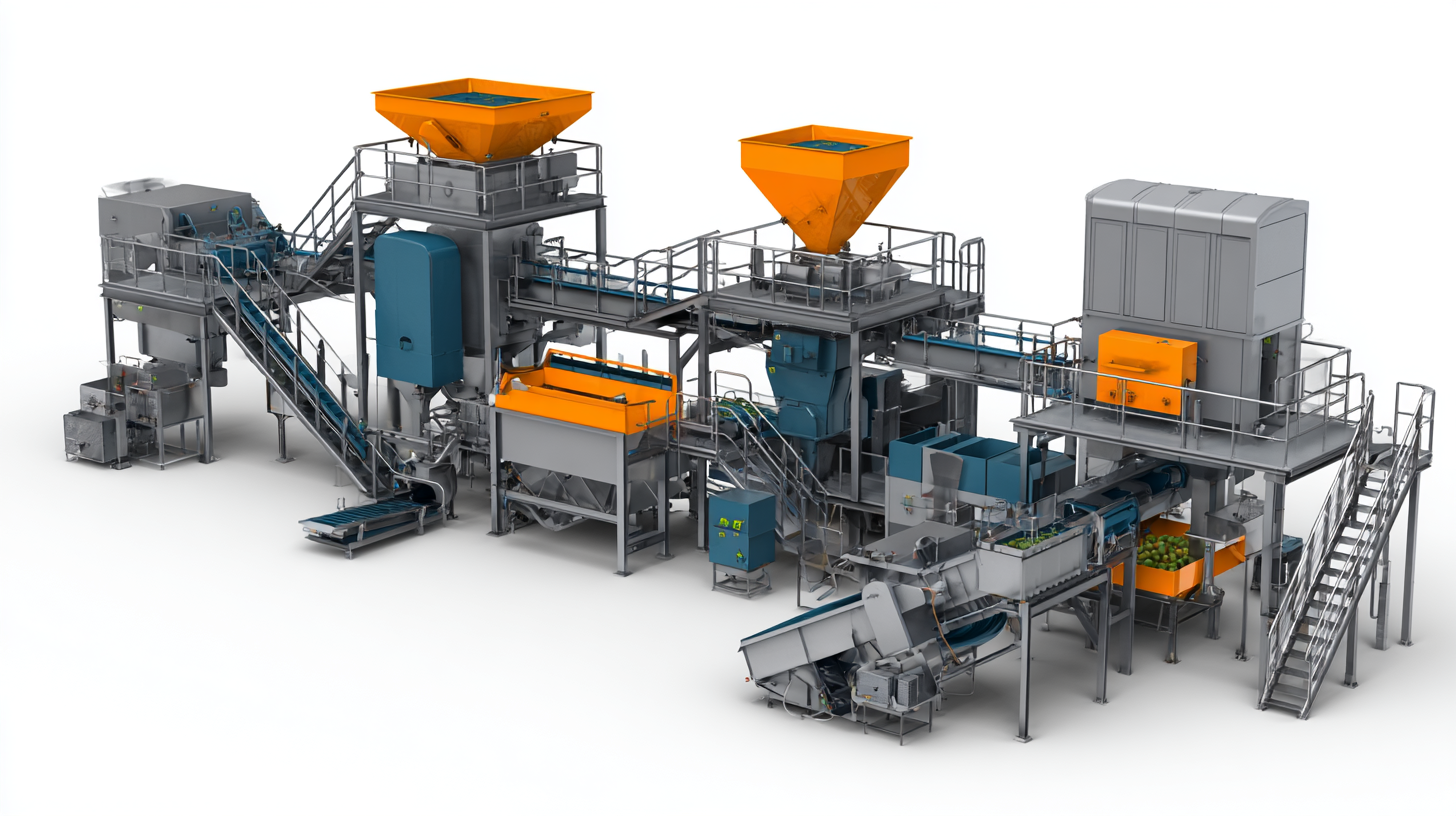
One prominent innovation is the integration of IoT and AI in processing machinery, which allows for real-time monitoring and data analysis. This technology enables manufacturers to optimize their operations by predicting maintenance needs and minimizing downtime. A study by Research and Markets highlights that the adoption of IoT in food processing could lead to a reduction in operational costs by approximately 20% by 2026. Additionally, the use of energy-efficient machines is becoming increasingly common, aligning with sustainability goals in the agricultural sector. For instance, energy-efficient processing equipment not only lowers energy consumption but also contributes to reducing the carbon footprint of fruit processing companies.
As these innovative technologies continue to evolve, they hold the potential to revolutionize fruit processing. By enhancing efficiency and promoting sustainable practices, businesses can meet the growing consumer demand for eco-friendly products while simultaneously improving their bottom line.
Sustainable Practices: Reducing Waste in the Fruit Processing Industry
 The fruit processing industry has long been associated with significant waste, often leading to environmental concerns and economic inefficiencies. However, with the emphasis on sustainable practices, innovative approaches are reshaping how we handle fruit processing. By adopting methods that not only maximize yields but also minimize waste, companies can contribute to a healthier planet while improving their bottom line.
The fruit processing industry has long been associated with significant waste, often leading to environmental concerns and economic inefficiencies. However, with the emphasis on sustainable practices, innovative approaches are reshaping how we handle fruit processing. By adopting methods that not only maximize yields but also minimize waste, companies can contribute to a healthier planet while improving their bottom line.
One effective strategy is to incorporate technology that enhances sorting and grading processes. This allows processors to efficiently separate high-quality fruit from those that may otherwise be discarded, thereby reducing overall waste. Furthermore, utilizing by-products creatively—such as turning peels and cores into value-added products like juices or jams—can significantly diminish waste levels.
Tips for reducing waste in the fruit processing industry include optimizing supply chain logistics to ensure that fruits are processed as quickly as possible, investing in machinery that enhances recycling capabilities, and training staff on sustainable practices. By embracing these strategies, the industry can revolutionize its approach and take a significant step towards sustainable agriculture.
Impact of Automation on Labor Costs and Production Rates in Fruit Processing
The impact of automation on labor costs in fruit processing is significant, as modern technologies streamline operations and reduce the need for manual labor. Automation allows for the implementation of sophisticated machinery that can handle tasks such as sorting, peeling, and packing at unprecedented speeds. As a result, companies are able to lower their labor expenses while maintaining production efficiency. This shift not only cuts overhead costs but also reallocates human resources to more skilled positions, enhancing overall productivity.
Additionally, automation contributes to improved production rates in fruit processing facilities. With machines capable of operating continuously and with precision, production lines are optimized, leading to higher output levels and reduced processing time. This increased efficiency is crucial for meeting the growing global demand for fresh and processed fruits, particularly in a market where sustainability and responsiveness are paramount. By embracing these automated solutions, fruit processing enterprises can enhance their competitive edge while supporting sustainable agricultural practices.
Impact of Automation on Labor Costs and Production Rates in Fruit Processing
Emerging Trends in Eco-Friendly Materials for Fruit Processing Equipment
The emergence of eco-friendly materials for fruit processing equipment signifies a transformative shift towards sustainable agricultural practices. As the industry increasingly prioritizes environmental responsibility, innovations such as biopolymer edible coatings are gaining traction. These coatings not only extend the shelf life of neglected and underutilized crops but also enhance food safety and reduce waste. With a growing emphasis on nutrient-dense crops that often go overlooked, adopting such sustainable solutions can significantly impact food availability and nutrition.
Simultaneously, the demand for insect protein in Europe, projected to reach USD 3422.72 million by 2034, illustrates the industry's move towards more sustainable protein sources. This trend reflects a broader commitment to reducing environmental footprints across agricultural segments, including fruit processing. By integrating sustainable materials and waste-reduction strategies into production processes, companies can contribute to a circular economy that minimizes resource consumption and maximizes efficiency, ultimately benefiting both the planet and consumers alike.
Data-Driven Decision Making: The Role of AI in Enhancing Fruit Processing Sustainability
The fruit and vegetable sorting equipment market is witnessing significant growth, with its value projected to rise from $455.79 million in 2023 to an estimated $475.39 million in 2024. By 2032, this market is expected to reach $662.05 million, reflecting an increasing demand for advanced sorting technologies driven by sustainability goals. As producers aim for efficiency and minimal waste in their operations, the adoption of data-driven decision-making tools, particularly those powered by AI, is becoming crucial.
AI plays a pivotal role in enhancing the sustainability of fruit processing by enabling real-time analysis and optimization of sorting processes. This technology leverages vast datasets to improve accuracy in sorting fruits and vegetables based on quality and ripeness, thus minimizing losses and maximizing value. Implementing AI solutions not only saves time but also helps in maintaining a consistent supply of high-quality produce to consumers.
Tips: To keep up with industry trends, consider investing in smart sorting technologies that incorporate AI algorithms. This will not only improve processing efficiency but also contribute significantly to sustainable farming practices. Furthermore, collaborating with tech-driven partners can facilitate the integration of innovative solutions in your processing operations.
